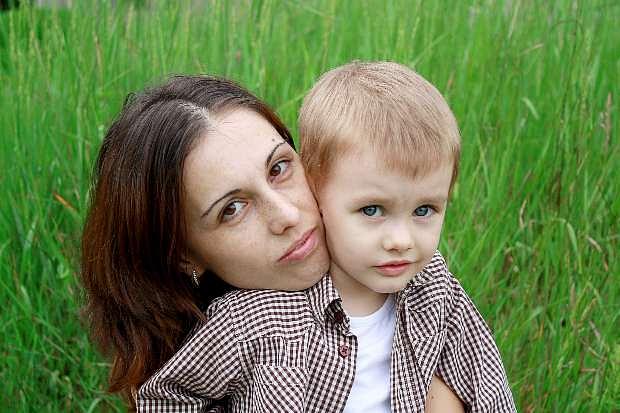Media: Some 40% of Romanian women aged up to 30 do not have children

The number of Romanian women who become mothers after turning 35 doubled in the past 25 years, according to data from the National Statistics Institute (INS) quoted by Digi24.ro. As such, 40% of Romanian women aged up to 30 years do not have children yet, Digi24.ro reported.
The average age at which Romanian women give birth to their first child has been increasing by 2-3 months every year, according to the same source.
In Bucharest, women become mothers on average at age 31. In the country, for every 1,000 women at their first birth, 28 are aged over 35, while 5 are aged over 40, Digi24.ro reports.
In 2015, the average age at which Romanian women gave birth was of 28.3, slightly up from 2014 when it stood at 28.2 years, according to INS data quoted by Agerpres.
Mothers in rural areas give birth on average at younger ages, of 26.8 years, while their first birth is at 24.4 years, according to INS data. In urban areas, the average age of mothers at birth was of 29.5 years in 2015, and of 28.4 years at the first birth.
At the same time, the percentage of newborns with mother aged 30 or more was of 38.6% in 2015, compared to 37.8% in 2014, according to INS data quoted by Agerpres. In urban areas the percentage is higher, with 46.6% of newborns having mothers aged 30 or older. In rural areas, 29.1% of newborns had mothers aged 30 or older.
Romania was faced with a demographic decline in recent years, partly due to high migration rates but also because of a change in lifestyle, as women have fewer children and later in life.
The Cluj archbishop (mitropolit) Andrei Andreicuţ said at the March for Life organized this weekend throughout the country that Romania would not fall demographically “if all young families had at least three children: one for the father, one for the mother and one for the country and the church,” News.ro reported.
The March for Life took place on Saturday, March 25, in Bucharest and several cities in the country, including Alba Iulia, Cluj-Napoca, Iaşi, and Piteşti. Over 2,000 people took part in it, Mediafax reported.
The march is an anti-abortion one and is organized by the Coalition for Family. The coalition gathered last year some 3 million signatures to support a project that changed the definition of family in Romania’s constitution. The Judiciary Committee of the Chamber of Deputies voted in favor of this initiative earlier this March.
Media: Romania’s Coalition for Family suggests banning Beauty and the Beast from local cinemas
editor@romania-insider.com















